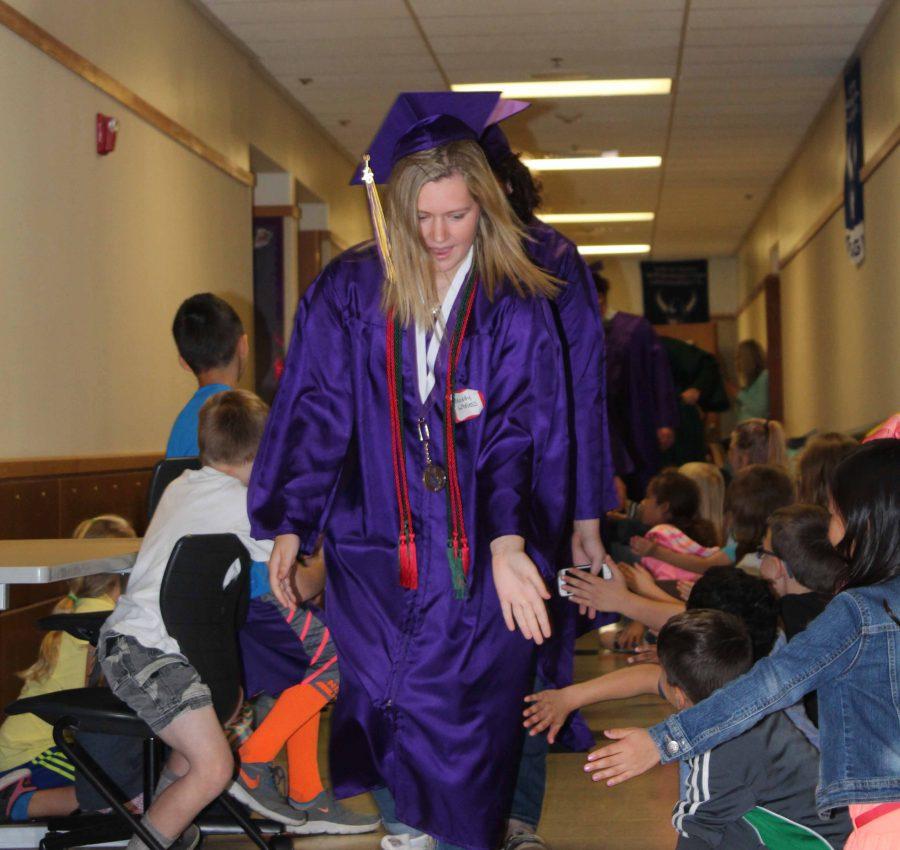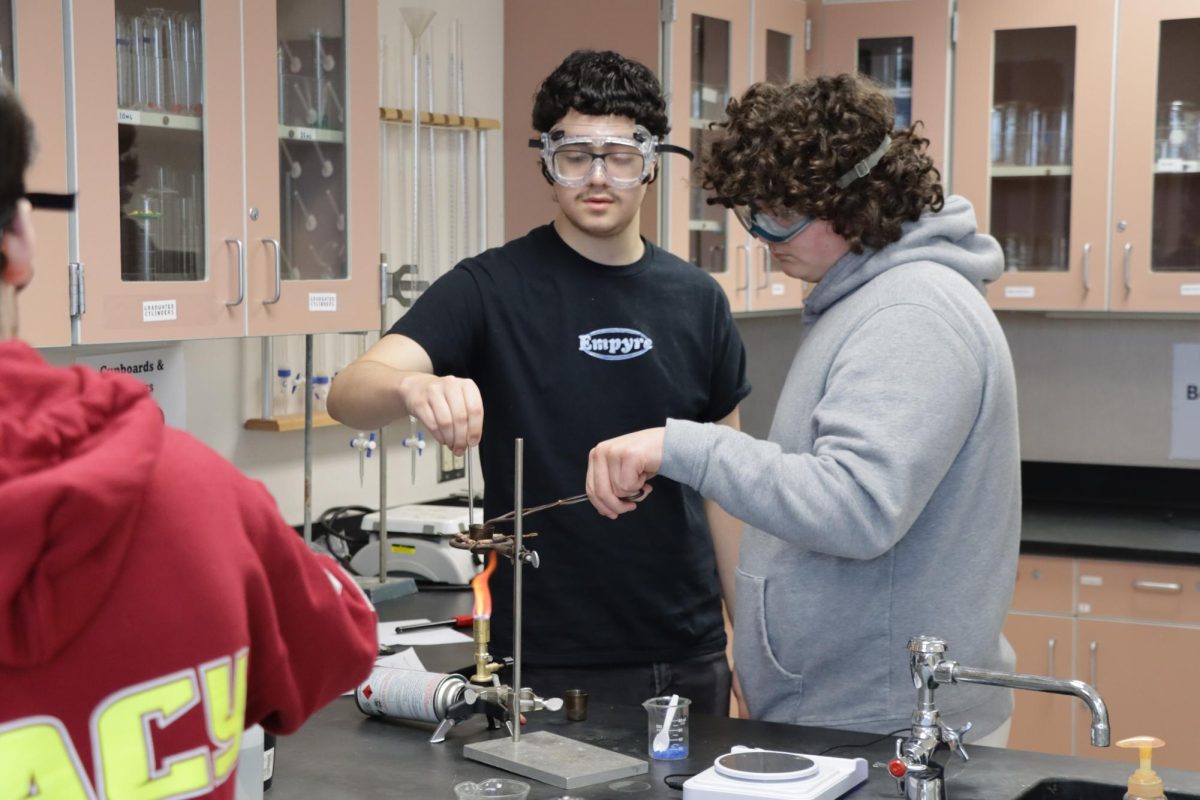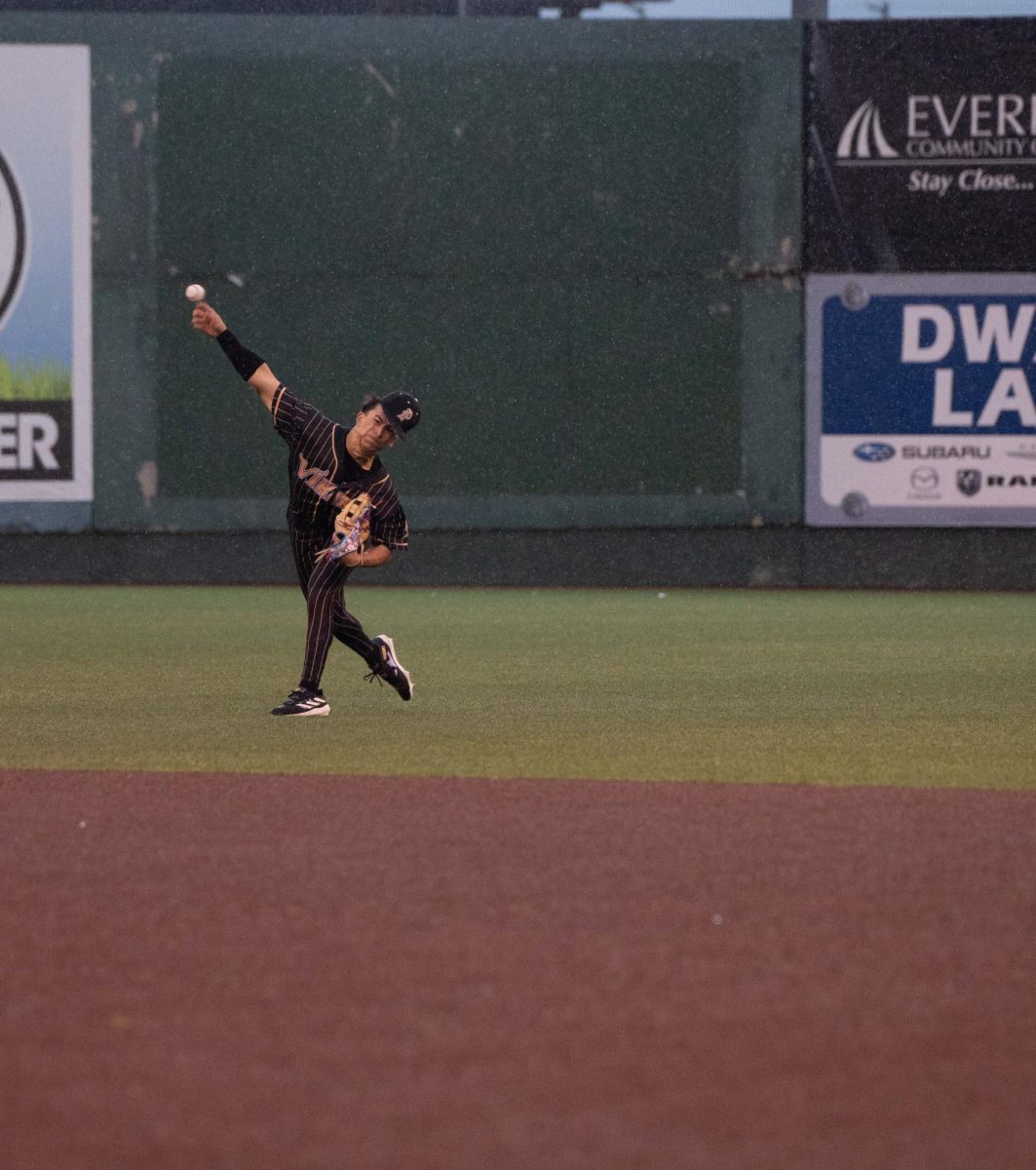Social media among today’s students has increasingly become more prominent and important to teens everywhere.
PHS counselor Michael Sanchez offers his reasoning as to why social media is increasingly important in today’s age.
“I think there is a desire to be connected with people. We were created to be together and there is a loneliness of being apart so the more we are connected to our phones it makes us feel like we are connected to everyone all the time,” Sanchez said.
Junior Matt Wolch explains his extensive involvement and reasoning behind why he uses social sites.
“I am on social media all the time. From the time I wake up to the time I go to bed. I connect with a lot of people through social media. I can connect with family and friends. I use it to connect with people…[and] to find out world news and things that are relevant,” Wolch said.
Not all students today share the same habits on social media as others.
Junior Katelynn Laverty shares her perspective of social media involvement.
“I go on Instagram a couple of times a day. It is not super important to me. I enjoy talking to people in person better. [I enjoy] being able to keep up with my friends and family that do not live close to me,” Laverty said.
While daily usage hours and habits differ from student to student, Sanchez explains the common thread among students and social media is the connection it provides people.
“I definitely think it can be a very effective tool for students to build community with each other. I think one of the biggest foundations of PHS is that it has a strong foundation in its community for students to be engaged,” Sanchez said.
While the idea of community among students serves to be a major benefit for social media usage, negatives are also attached to digital sites.
Laverty explains her opinions on some of the down falls in social media that can occur.
“I am not addicted [to social media] like some people are. I think it becomes something you compare your life to and your feeling of self worth,” Laverty said.
While it is possible to be persuaded into comparison and envy from others’ social media accounts, Wolch shares his perspective on other people’s posts.
“I do not get jealous. If I see someone that is really successful I would strive for that. I would want to do something like that but in my own way,” Wolch said.
One problem in particular that has gained tremendous amounts of light in today’s Internet world is disagreements and cyberbullying taking place on social media.
“[Social media] is a platform where you can say anything without what feels like consequence. It is not uncommon for arguments to begin on Facebook and them come into the school,” Sanchez said.
Social media gives students the opportunity to say whatever they want behind a cell phone however many people agree, there should be a limit to what can and cannot be said.
“If what you are saying is justified, adult and mature, I think that it is okay. You can have a disagreement on social media but if you are going to be discriminate or cruel and use hate words against an entire community then it is wrong,” Wolch said.
Laverty suggests her remedy of eliminating conflict is to keep conflict off of the web.
“Things need to be said in person. Sometimes it is unnecessary to be completely bashing on someone and it needs to be addressed in person and not out there for everyone else to see,” Laverty said.
Social media is so popular among students today and is increasingly causing students to frequent sites so much, it becomes an addiction and attachment.
“It can be distracting. You want to find out who likes what and who did that. Any overuse can be abuse,” Sanchez said.
Some students are so heavily involved and attach themselves to social media that the threat of taking away accounts can serve as a consequence to students.
“A student can totally feel lonely. A student’s relationship can purely be on social media and to take that away would be as if they just broke up with someone they feel completely connected with. It is not just Instagram, Twitter and Snapchat. There is also Skype, a digital connection that has become more real to a lot of people,” Sanchez said.
Social media is a tool used primarily by today’s students as a way to connect outside of school to what is important.
Recognizing the benefits and downfalls of this communication tool can possibly be the most effective way for students to have a positive experience with social media.
Sanchez offers his advice on how to stay safe and successful on popular social sites.
“[Social media] is never erased. If you are under the age of 18 there are some very strict laws that guide what you should not put on Facebook or any other social media platform. Remember it is just one medium to connect with other people around you. [Social media] should be just one,” Sanchez said.






